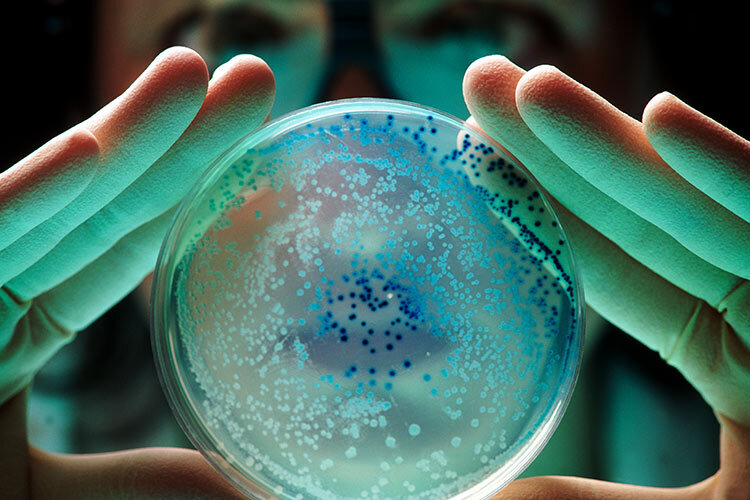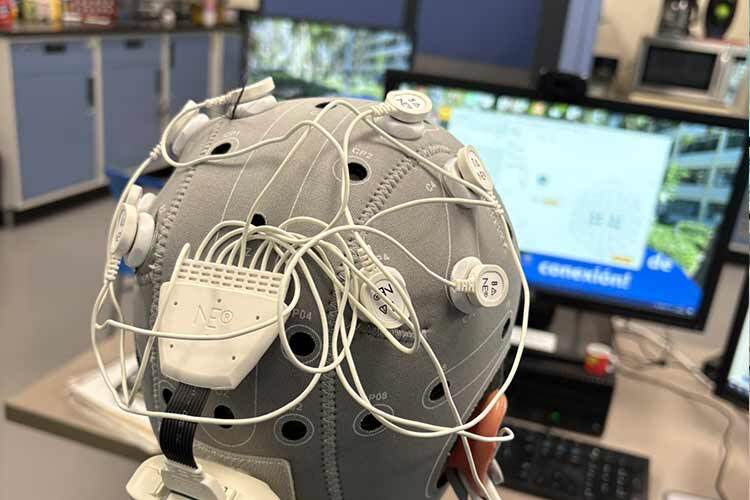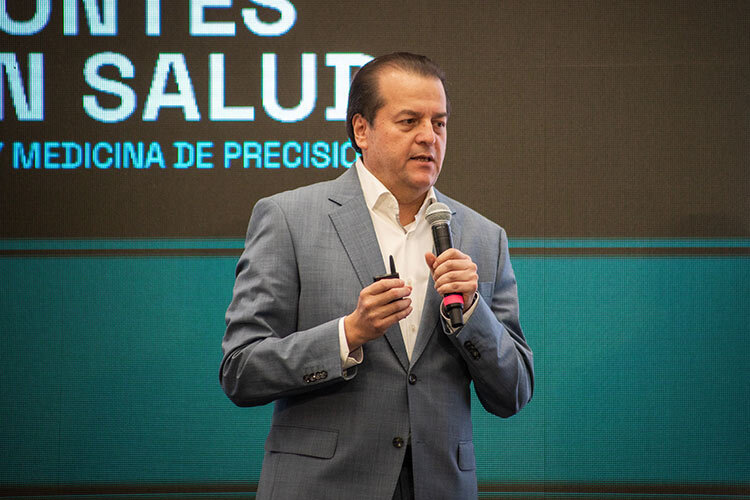The Covid-19 pandemic had repercussions on people’s mental health. Frightened by this invisible virus, they became stressed about the possibility of infection at any moment. Depression and anxiety therefore increased by 25 percent around the world, according to research by the World Health Organization (WHO).
This fear of microorganisms is known as mysophobia or germophobia, and the condition can sometimes be more dangerous than the actual risk of coming into contact with bacteria, for example.
Since they were discovered, one of the reasons why microorganisms have a bad name is that scientific research has focused on the ones that harm us, says Katy Juárez, an environmental microbiology specialist from the National Autonomous University of Mexico (UNAM).
“Before, you could only cultivate only one bacterium for study out of a hundred. That’s no longer the case, as we can use mass sequencing to extract all the information, which means a great deal of diversity has been discovered,” she explains.
We now know more about these microorganisms and their composition, such as anaerobic bacteria, which formed on the planet when there was no oxygen and have survived by breaking down metals.
“They get their energy from eating them, using the electrons to breathe. However, as they also deposit these, we can harvest them to produce electricity,” says Juárez.
Bacteria Against Plastics in the Ocean
Over millions of years, bacteria have learned to survive in any environment. That’s why they are found in every ecosystem from the coldest to the hottest, such as volcanoes, and even at the bottom of the sea. The latter are of special interest to Liliana Pardo, a biotechnology researcher from the UNAM.
As she’s interested in removing plastics and oil spills from the seas, Pardo works aboard an oceanographic vessel to take samples of microbes that live four thousand meters deep in the Gulf of Mexico, which have developed the ability to feed on hydrocarbons.
“Each sea has its own particular world of these organisms. The Gulf of Mexico was created by a great compression of organic matter, which means it has large quantities of oil. Since then, bacteria have evolved to eat that oil; they’re very specialized,” she says.
Although these microorganisms also eat plastic, the industrial process the material undergoes means they don’t do so as efficiently as for oil.
“It’s said that we’re half cells and half bacteria. Just imagine that 50 percent of us are that and we’ve coexisted with them all this time. If you use chlorine (to wash utensils), you’re going to kill the good ones with the bad ones,” remarks Pardo.
Microorganisms in Our Daily Meals
Tomás García Cayuela, a food and biotechnology specialist at Tec de Monterrey, mentions a practice by which some people wash raw chicken in México, believing that this does something positive about bacteria.
“However, when you wash it, the water spreads across the entire surface, which will become impregnated with bacteria (from the raw chicken). Now, your lettuce leaf is impregnated with those bacteria, and you’ve got a problem,” explains García Cayuela.
It’s no coincidence that the specialist brings this up, as two people in Tlaxcala lost their lives due to washing chicken. Presumably, they became infected by a bacterium called campylobacter, which exists in chicken but dies when it’s cooked.
It’s natural for microorganisms to be in food, explains García Cayuela. Many of these are not harmful to people’s health and even help with the preparation of products that we consume.
“The outer part of wine grapes contains certain yeasts that can help to ferment the wine, while Mexico’s national drink tequila also has yeasts that assist the fermentation” he explains.
Another long-standing practice in the culture is that of taking antiparasitic drugs every now and again. Although Mexicans do this because they often eat street food, it can also harm their good bacteria.
“If we take these drugs, we’re compromising the viability of other microorganisms that live in symbiosis with us, ones that have a beneficial relationship with us. This could cause an imbalance in our microbiota“, he says.
By increasing our understanding of the world of bacteria that live within and around us, as well as their history and composition, we can stop being afraid of them and even have a better idea of when to take precautions.
Did you find this story interesting? Would you like to publish it? Contact our content editor to learn more at marianaleonm@tec.mx


















